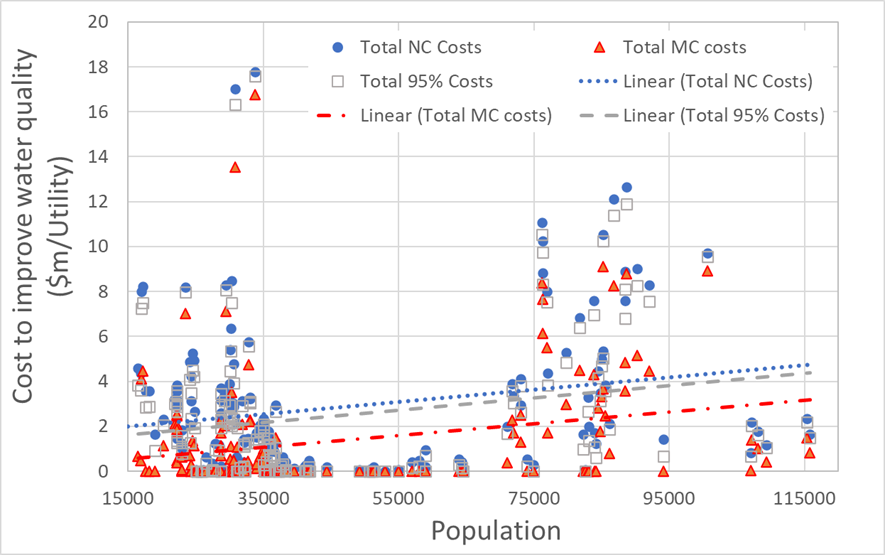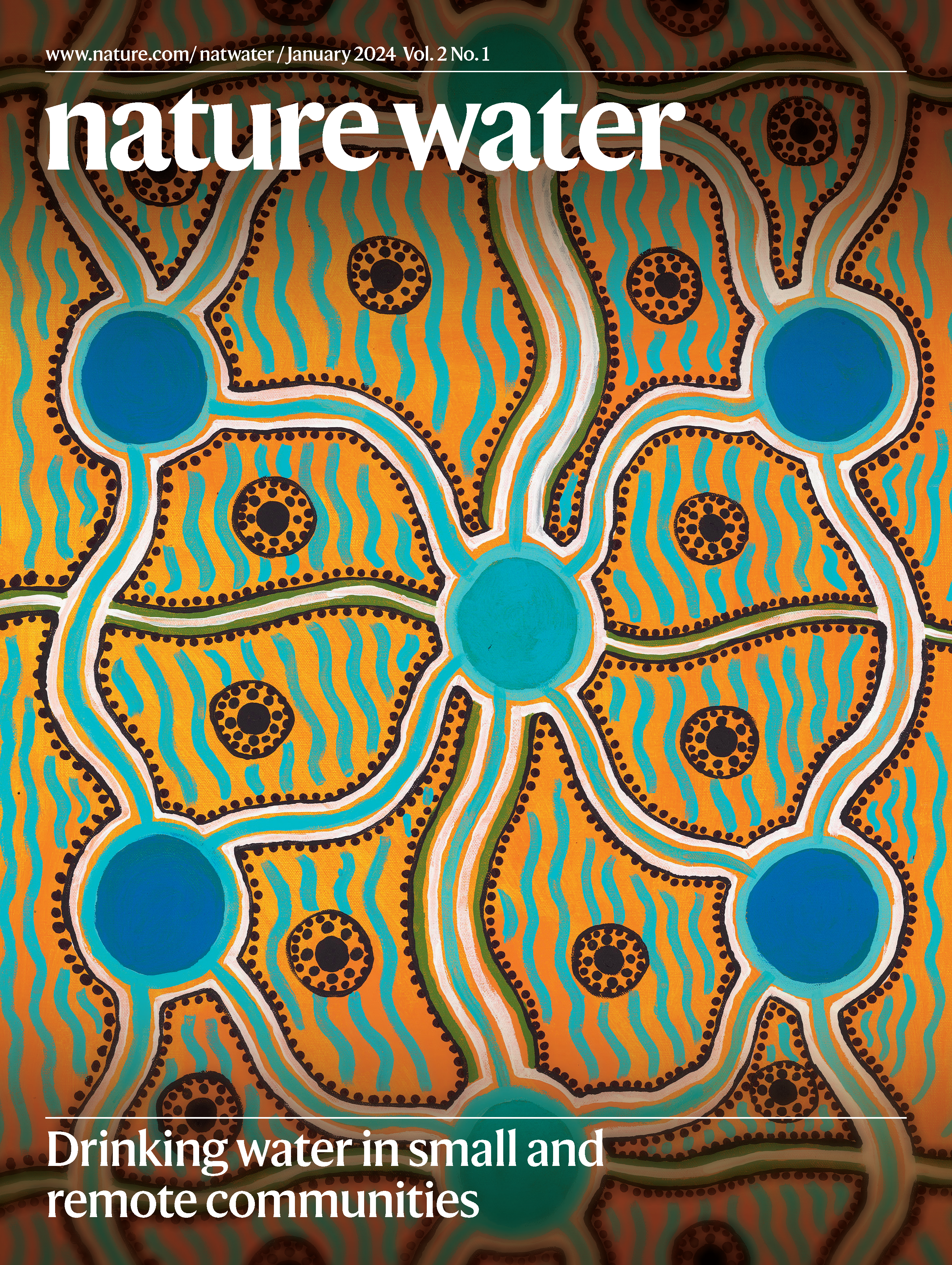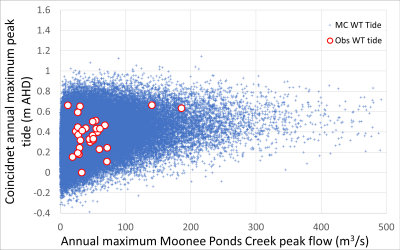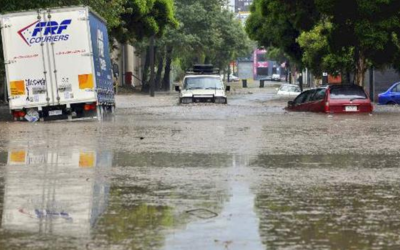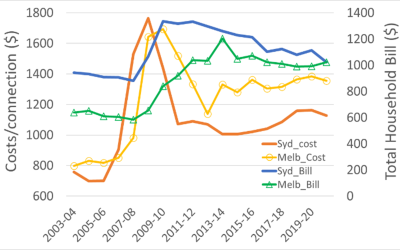Benefits, costs and enabling conditions to achieve ‘water for all’ in rural and remote Australia
I am honoured to announce the publication in Nature Water of our multidisciplinry research collaboration into an important issue of access to good quality water in rural and remote communities. The paper can be downloaded at this link: Nature Water Paper
The cover of Nature Water features the profound art work “The Unity of Water” by Hozaus Claire
Ana Manero, Wiktor Adamowicz, Sonia Akter, Alaya Spencer-Cotton , Peter J Coombes , James Horne , Paul Wyrwoll , Nina Lansbury, Sandra Creamer, Kat Taylor, Safa Fanaian , R. Quentin Grafton
Australia will not meet Sustainable Development Goal Target 6.1, to ‘achieve universal and equitable access to safe and affordable drinking water for all’ by 2030, unless water service provision is improved to hundreds of small (less than 10,000 residents) rural and remote (SRR) communities. We estimate the national benefits of a program to upgrade drinking water services to ensure ‘good quality’ for 395 Australian SRR communities using a stated preference survey of 3,532 participants reflective of the Australian population. Using multiple model estimates, we calculated willingness-to-pay (WTP) at between A$324 and A$847 per Australian household per year, for 10 years. Aggregating across the relevant Australian population, we calculate aggregate WTP from water quality improvements at A$1.2 to A$4.7 billion per year, or A$8.3-A$33.2 billion, as a 10-year net present value. By comparison, we estimated the capital and operating costs to provide ‘good quality’ drinking water in the 395 SRR communities under three scenarios; costs range from A$0.51 to A$3.29 million per community and, in total, from A$0.2 billion to A$1.3 billion

